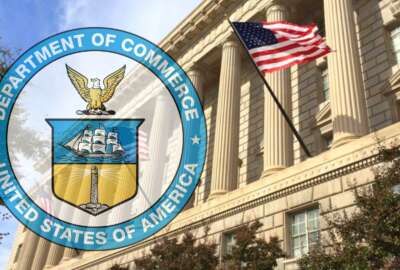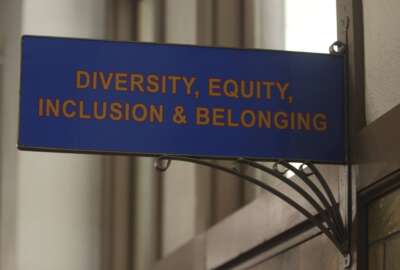GOP lawmakers urge Obama to drop cyber executive order
Republican lawmakers in the House and Senate wrote to President Barack Obama urging him to not issue an executive order setting voluntary cybersecurity standards...
Republican lawmakers in the House and Senate wrote to President Barack Obama urging him to not issue an executive order setting voluntary cybersecurity standards for private-sector operators of critical infrastructure.
Doing so could be used as justification by other countries, such as China and Russia, to exert more control over the “non-regulatory, multistakeholder governance model that has allowed the Internet to flourish,” wrote Fred Upton (R-Mich.), the chairman of the House Energy and Commerce Committee, along with 10 other lawmakers from both chambers of Congress.
According to draft documents, the cyber order directs the Homeland Security Department to take the lead in setting up a framework to effectively share cyber threat information as well as identifying those private-sector entities deemed critical infrastructure, such as power and water companies.
Letter decries ‘top-down’ approach
The letter called into question the department’s ability to oversee such a project. The lawmakers mentioned a recent Senate subcommittee report that criticized the department’s handling of special fusion centers used to track terrorism threat information.
“What our nation and the companies that make up our cyber frontline need, above all else, is flexibility,” the letter stated. “At best, creating a top-down, one-size fits all bureaucracy to address cybersecurity will slow our response and impose unnecessary costs on our economy.”
The White House indicated last month it was working on an order, following months of debate on cybersecurity legislation in Congress — but no completed bills.
Legislation remains stalled
The House approved by a wide margin the Cyber Intelligence Sharing and Protection Act (CISPA) in April. However, the White House threatened to veto it over privacy concerns, and it has barely any traction in the Senate.
Meanwhile, action on a comprehensive Senate bill fizzled over the summer when the bill failed to garner enough support to move forward on a vote.
Two of the sponsors of that bill are divided over the President’s intention to issue an executive order.
Sen. Joseph Lieberman (I-Conn.), chairman of the Homeland Security and Governmental Affairs Committee, has urged the President to act on the order.
Sen. Susan Collins (R-Maine), the committee’s ranking member, has said the order shouldn’t be a substitute for legislation and that, in fact, it could “send the unintended signal that congressional action is not urgently needed.”
RELATED STORIES:
White House draft cyber order promotes voluntary critical infrastructure protections
New cybersecurity threat could revive legislation
White House testing approach called for in draft cyber order
Copyright © 2025 Federal News Network. All rights reserved. This website is not intended for users located within the European Economic Area.





